Description
**”The Moscow Puzzles: 359 Mathematical Recreations”** is a well-known collection of mathematical puzzles compiled and edited by Boris A. Kordemsky, a Soviet mathematician. Originally published in 1956, it has become a classic in the world of recreational mathematics. The puzzles in this book are a combination of logic, mathematics, and lateral thinking, designed to challenge and entertain readers.
### Overview:
– **Content**: The book contains 359 puzzles that range in difficulty from easy to quite difficult. These puzzles involve various mathematical concepts, such as geometry, number theory, algebra, probability, and combinatorics, as well as non-mathematical elements like wordplay and logic.
– **Purpose**: The primary goal of the book is to promote interest in mathematics by presenting it in an engaging and fun way. Each puzzle offers a mental challenge, with many requiring ingenuity and creative thinking rather than deep mathematical knowledge.
– **Structure**: The puzzles are organized by themes, and each puzzle is followed by a solution. The solutions are often detailed and offer insight into the mathematical principles that are at play, helping readers understand the reasoning behind the answers.
– **Audience**: While it is suitable for anyone with an interest in mathematics, the book is particularly aimed at students, math enthusiasts, and puzzle solvers who enjoy mental challenges.
### Examples of Puzzles:
Some of the puzzles in the book are based on practical situations, while others require pure mathematical reasoning. Here are a few examples of the types of puzzles you might find in “The Moscow Puzzles”:
1. **Logical Puzzles**: These might involve deducing a series of events or actions based on given conditions.
2. **Geometry Puzzles**: Involve shapes, angles, and spatial reasoning.
3. **Number Puzzles**: Such as magic squares, number sequences, or problems involving divisibility and prime numbers.
4. **Word Puzzles**: Using words and letters to form solutions to problems.
5. **Riddles and Lateral Thinking**: Some puzzles have a more abstract approach and require out-of-the-box thinking.
### Impact and Legacy:
“The Moscow Puzzles” has been widely translated and is still popular today among recreational mathematicians and puzzle lovers. The book has had a lasting influence on how mathematical puzzles are presented to the general public. Its approachable and entertaining style has inspired many to explore mathematics and problem-solving further.

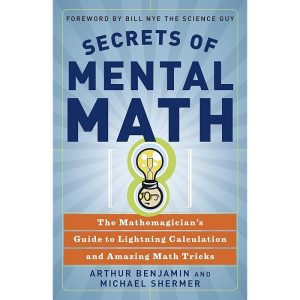
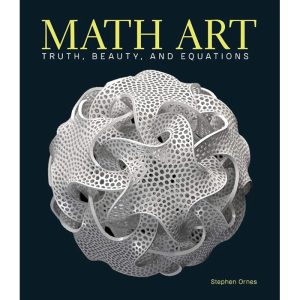
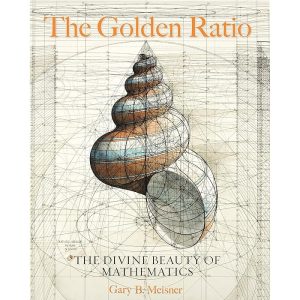
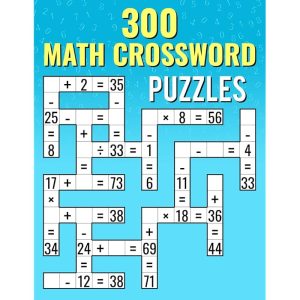




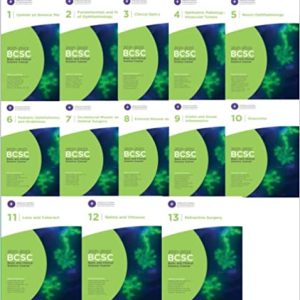
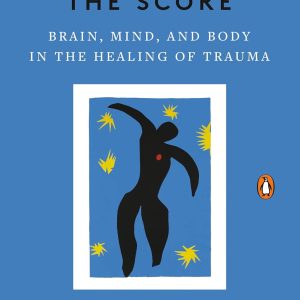


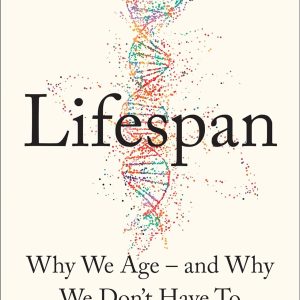

Reviews
There are no reviews yet.